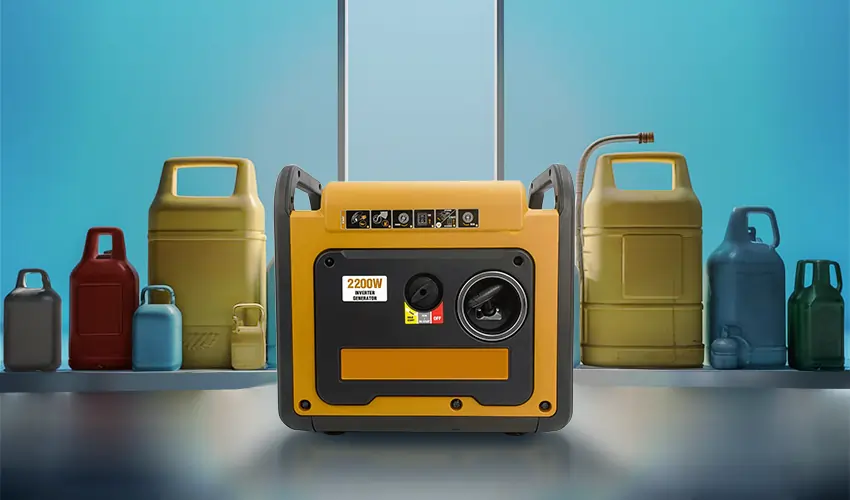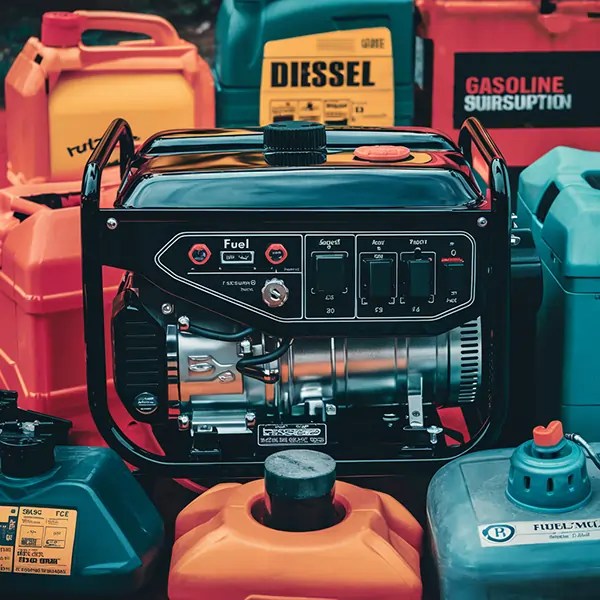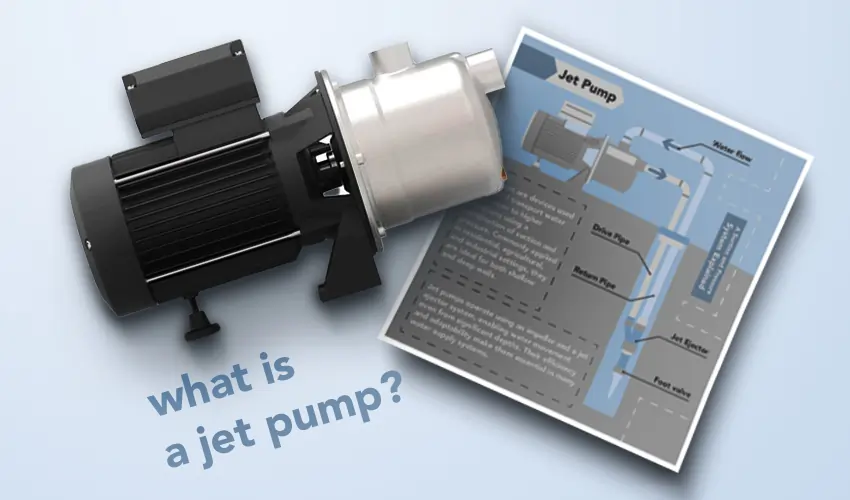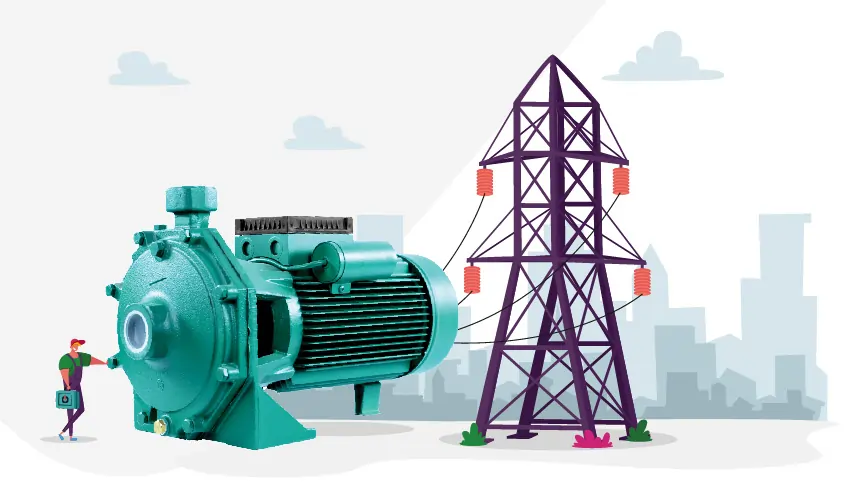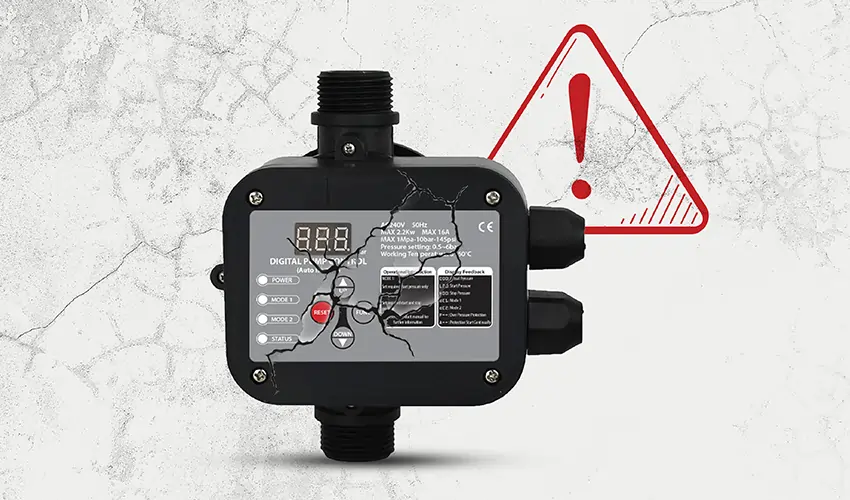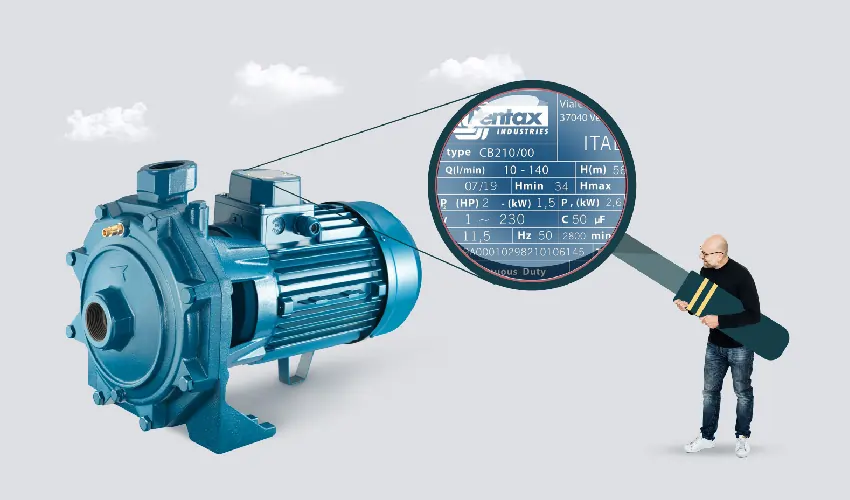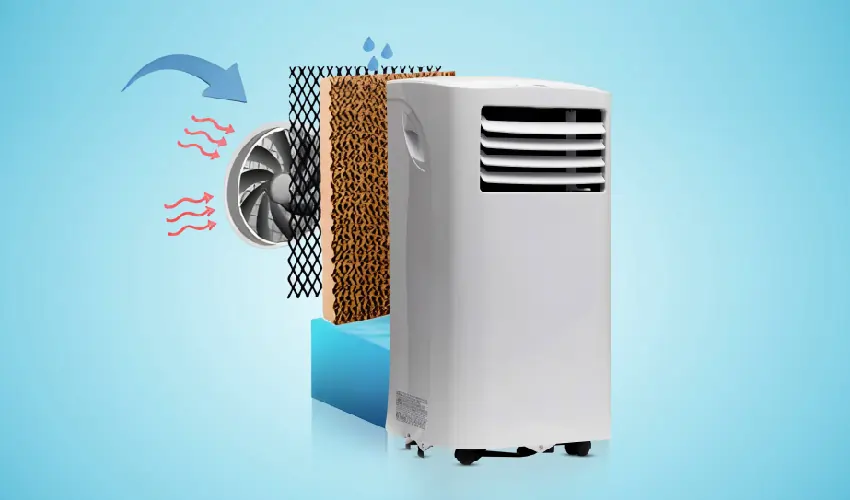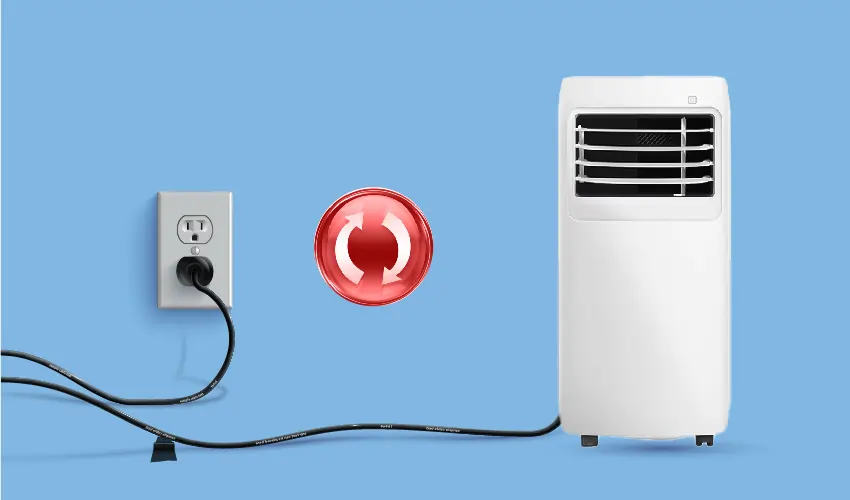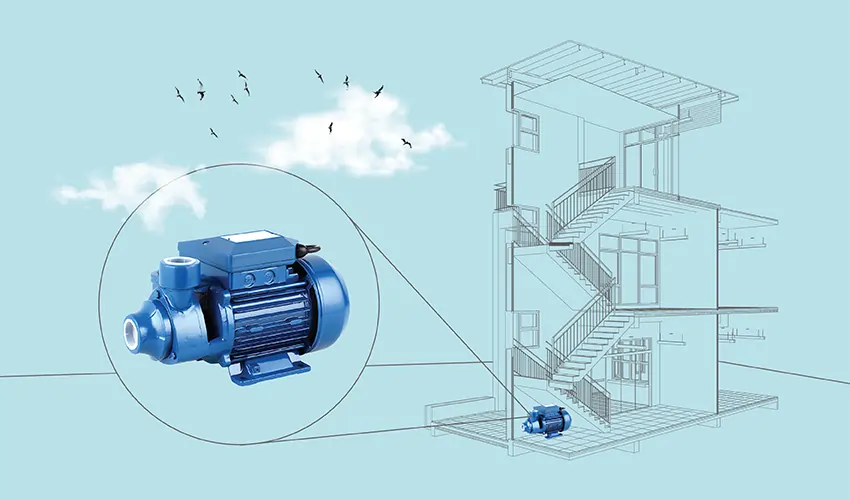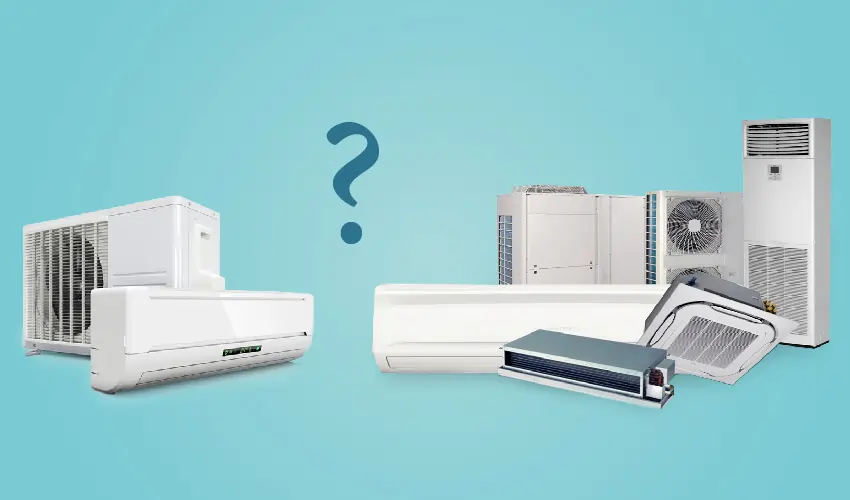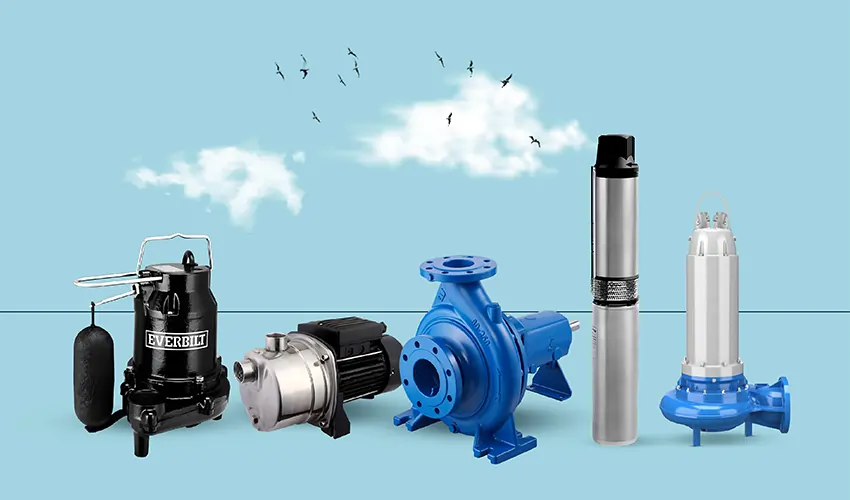Portable generator fuel usage is a critical factor for anyone relying on these machines for emergency power, outdoor activities, or job site energy needs. Understanding how fuel consumption works in portable generators can help users plan for fuel costs and ensure they have enough supply to meet their needs. Portable generator fuel consumption varies widely based on the generator’s size, efficiency, and the load it’s powering. Generally, fuel usage is directly proportional to the power output. The more electricity a generator produces to meet demand, the more fuel it consumes. Manufacturers typically provide estimates for fuel consumption at different load levels, but these can vary based on operational conditions.
How Much Fuel Does a Portable Generator Use Per Hour?
The amount of fuel a portable generator uses per hour depends on its size and the load it is carrying. For example, a small 2,000-watt generator running at full capacity might consume about half a gallon of gasoline per hour, while a larger 10,000-watt unit could use up to 3 gallons per hour under the same conditions. It’s important to note that running a generator at maximum capacity can lead to higher fuel consumption rates. Conversely, operating the generator with a lighter load can significantly reduce fuel usage.
Small Generator Fuel Consumption
Small portable generators are popular for their convenience and for providing power in situations where less energy is required. These units are typically more fuel-efficient than their larger counterparts, especially when used under optimal conditions with moderate loads. For instance, a small generator might use around 0.1-0.2 gallons of gasoline per hour when running at 25-50% capacity. This efficiency makes them ideal for camping, tailgating, and other activities where only a few appliances or tools need power.
What Kind of Gas Does a Portable Generator Use?
Most portable generators are designed to run on regular unleaded gasoline, which is readily available and convenient for most users. However, there are models that can also operate on diesel, propane, or natural gas. Each fuel type has its advantages and disadvantages in terms of availability, storage, cost, and environmental impact. Gasoline and diesel fuels are known for their high energy density, but they can be hazardous to store and have a shorter shelf life than propane or natural gas. Propane and natural gas generators, on the other hand, offer cleaner combustion and longer storage times but may require more complex setup and are not as widely available as gasoline models.
Conclusion
Understanding portable generator fuel consumption is essential for efficient and cost-effective operation. The amount of fuel a generator uses per hour varies depending on the generator’s size and the load it is supporting. Small generators are particularly fuel-efficient when used under moderate loads, making them suitable for light power needs. While gasoline is the most common fuel for portable generators, alternatives like diesel, propane, and natural gas offer different benefits that might be more aligned with specific user needs.
FAQs
1. How can I calculate the fuel consumption of my portable generator?
To calculate the fuel consumption of your portable generator, you’ll need to know the generator’s fuel consumption rate, which is usually given in gallons per hour (GPH) under specific load conditions. First, identify the load (in watts) you’ll be placing on the generator. Then, refer to the manufacturer’s specifications to find the fuel consumption rate at that load.
2. How do I choose the right fuel type for my portable generator?
Choosing the right fuel type for your portable generator involves considering availability, storage, cost, and environmental impact. Gasoline is the most common and convenient for most users, but it has a shorter shelf life and can be hazardous to store. Diesel offers high energy density but might not be suitable for all environments due to its storage requirements and emissions. Propane and natural gas are cleaner alternatives with longer storage life, though they may require more complex setups and aren’t as widely available as gasoline.
3. What can I do to improve the fuel efficiency of my portable generator?
Improving the fuel efficiency of your portable generator involves several strategies. Running your generator at 50-80% of its maximum capacity can improve fuel efficiency, as generators often consume more fuel per unit of electricity produced at very low or high loads. Also keeping your generator well-maintained ensures it runs efficiently. This includes regular oil changes, air filter replacements, and spark plug inspections.

